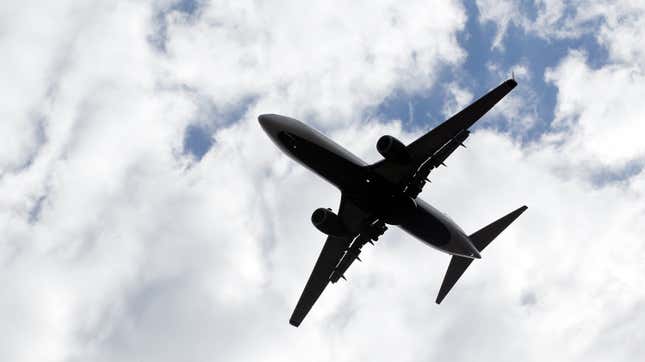
The U.S. is not going to let grim coronavirus numbers, which are still among the highest in the world, rain on its transatlantic travel parade. A new report in the Wall Street Journal states that Trump administration officials are working on creating a travel corridor between New York City and London “as soon as the holidays.”
The arrangement would require travelers to be tested for covid-19, the disease caused by the novel coronavirus, before their flight and then again upon arrival. It would also include shorter quarantine periods when travelers arrive at their destinations. According to the Journal, Trump administration officials decided to focus on implementing travel corridors between the U.S. and international destinations because of the growing availability of covid-19 tests in the U.S.
U.S. officials expect to rely on rapid tests as the primary tool to maintain covid-free travel corridors, the Journal reported. Although the type of test was not specified, it’s probable that the tests involved would be antigen tests, which are carried out with a nasal or throat swab and provide results in one hour or less.
According to the Food and Drug Administration, positive covid-19 results from antigen tests are usually highly accurate, but negative results may need to be confirmed with a molecular test. Molecular tests are typically highly accurate and usually do not need to be repeated, the FDA states, but getting results can take anywhere from a day to a week.
Currently, U.S. citizens that travel to the UK must quarantine for 14 days once they arrive in the country. As noted by the Journal, U.S. citizens can’t go to the European Union because the EU has banned Americans from entering due to the coronavirus (no one needs to ask why). For its part, the U.S. does not allow any UK travelers into the country unless they are U.S. citizens, permanent residents or meet specified exceptions.
Airlines and airports support a globally consistent approach to testing passengers as an alternative to quarantine measures. In a recent statement to the United Nations agency in charge of international civil aviation, the International Air Transport Association and Airports Council International said they supported such measures and affirmed that governments must cooperate to remove quarantine restrictions and restart air travel.
The industry groups stated that the covid-19 shutdown has had a “catastrophic impact” on employment, stating that 4.8 million industry jobs have been lost or are under threat.
Per the Journal report, there has been one big obstacle in negotiations with foreign leaders over easing covid-19 travel restrictions, even with a testing strategy: the U.S.’s consistently high infection rates. According to an analysis by Reuters, U.S. cases hit a two-month high on Friday with more than 58,000 infections reported.
Now, the UK isn’t exactly a sterling example of coronavirus containment, either. It reported about 224,000 new coronavirus cases this week, according to the Guardian. Prime Minister Boris Johnson is also getting ready to announce a three-tier lockdown system for the country.
The Journal states that there are still key details that must be worked out between the Trump administration and foreign governments before the travel corridor is approved. Issues on the table include the length of time passengers would be required to quarantine at their destination.
While some federal officials and airline industry representatives support a 24-hour quarantine, other federal officials believe a period between four and seven days would be more appropriate. Those in favor of the latter option maintain that longer quarantines could be more acceptable to other countries.